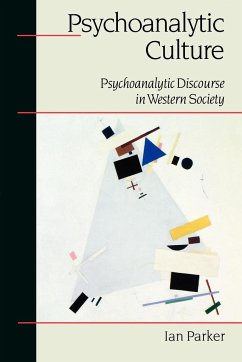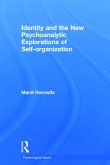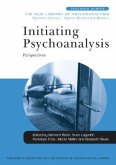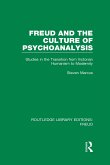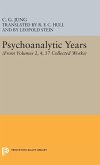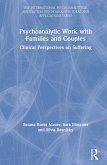`Ian Parker has made a major contribution to the phenomenon of psycho-analysis and the psycho-analytic movement... This is an exhaustive and convincing exposition of the relativity of psycho-analysis - relative to culture, relative to history and relative to language... Ian Parker's text is beautifully clear and ranges across a very wide cultural landscape from the Frankfurt school to ego-psychology to post-structuralism, new age body-piercing to the British Psychological Society, from Classical Freud to the post-modern individual, from the Lacanian return to Kleinian social science. It is always informative and digestible, and always to the point - psycho-analysis has created a wide social discourse which entraps thought in conformist patterns appropriate to our times. Parker's range of views upon that happy harmony strives for a critical purchase upon it and ultimately subversion of it' - Professor Robert D Hinshelwood, Centre for Psycho-Analytic Studies, University of Essex
Hinweis: Dieser Artikel kann nur an eine deutsche Lieferadresse ausgeliefert werden.
Hinweis: Dieser Artikel kann nur an eine deutsche Lieferadresse ausgeliefert werden.

